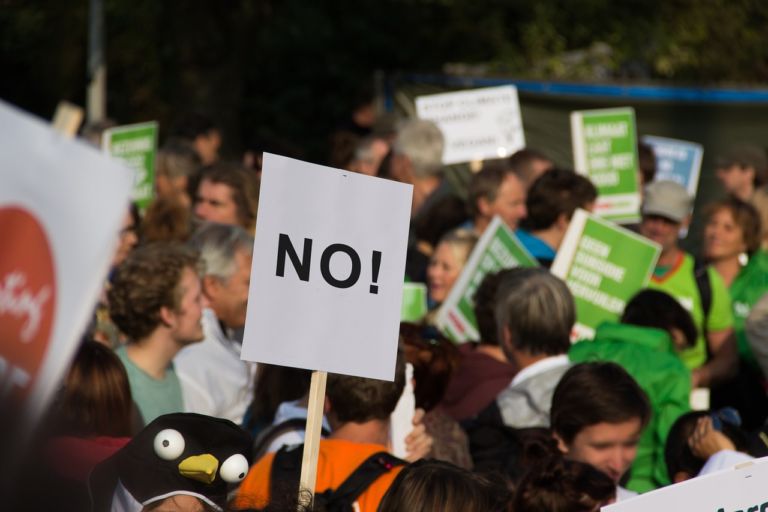George Leef of the Martin Center writes about questionable evidence underlying the fight against microaggressions.
The need to combat “microaggressions” has recently saturated America. In higher education, business, and government, programs and policies have been implemented to deal with a supposed problem that almost no one recognized until a few years ago.
Microaggressions are statements by non-minority individuals that convey racist ideas to minority hearers, thereby supporting the white power structure and harming the listeners, who become depressed at their powerlessness.
At least, that is the theory propounded by a small number of academic researchers.
The current notion that microaggressions must be dealt with by a wide-ranging policy offensive has its roots in a few of their research papers. They purport to be scientific investigations and have been almost universally accepted as having proved their claims.
However, a law review article entitled “Microaggressions, Questionable Science, and Free Speech” by professors Edward Cantu and Lee Jussim argues strongly that, as science, the microaggression research is laughably weak, the scholars behind it do not respond as scientists should when their work is questioned, and the project of trying to root out microaggressions has socially caustic and legally pernicious effects.
Cantu and Jussim begin by noting that while the original idea of microaggressions goes back to the 1970s, it remained essentially dormant until the publication of a 2007 paper by psychologist Derald Wing Sue. According to Sue, microaggressions are “brief and commonplace daily, verbal, behavioral, or environmental indignities, whether intentional or unintentional, that communicate hostile, derogatory, or negative racial slights and insults.” He stated that they are a “constant, continuing, cumulative experience” in the lives of persons of color.
After his paper came out, write Cantu and Jussim, “confirmation bias cancelled vigilance.” That is to say, so many people wanted to believe Sue that they suspended critical judgment about his work.


